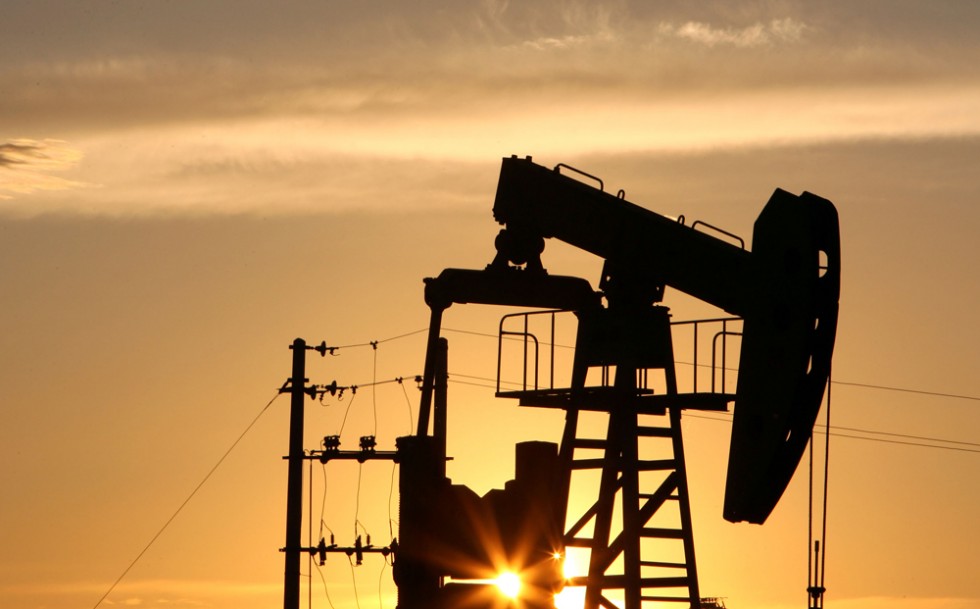- Oil Prices Fall as OPEC Fails to Stop Excess Production
Oil prices dipped Tuesday as expectations dimmed of an OPEC agreement to reduce the cartel’s gushing of crude into the massively saturated global market by around a million barrels per day.
Prices were also hit as non-OPEC Russia confirmed it would not send a delegation to the Organisation of the Petroleum Exporting Countries’ meeting in Vienna on Wednesday.
In late morning European trading, US benchmark West Texas Intermediate for delivery in January was down 73 cents a barrel to $46.35, in what market analyst Jasper Lawler at CMC Markets called “heebie-jeebies” on the eve of the talks.
Brent North Sea crude was down 0.72 cents to $47.52.
Analysts expect further falls if OPEC fails to agree on Wednesday its first joint output cut in eight years in an effort to reduce the global glut and so lift prices.
The group’s big players — Saudi Arabia, Iran and Iraq — disagree on what size cuts each member will make, and the cartel wants non-OPEC countries like Russia to reduce production too.
Russia is currently pumping some 11 million barrels per day, a level not seen since Soviet days. Hit hard by the low price and Western sanctions, Moscow has said it is ready to freeze output but not to cut it.
While making life cheaper for consumers and businesses, two years of low prices have wreaked havoc with the public finances of OPEC member states, even in the wealthy Gulf states.
But Iraq and Iran, OPEC’s biggest producers after Saudi Arabia, on Monday continued to express objections to a proposal to cut up to 1.2 million barrels per day from October levels, Bloomberg News reported, citing an OPEC delegate.
In a 10-hour meeting, Iran said it might be ready to freeze production at about 200,000 barrels a day above its current output of around 3.975 million bpd, Bloomberg said.
Saudi Arabia hit back, saying Tehran should freeze its production at just over 3.7 million bpd — more or less its current level.
Iran has consistently said it won’t cut production until it has reached pre-sanctions levels. It is also a fierce regional rival of Saudi Arabia, engaged in a proxy war in Yemen and backing different sides in Syria.
Iraq meanwhile has said it will cut output but that it is short of money needed to fight Islamic State extremists. It also disputes with OPEC the level of its current output.
OPEC kingpin Saudi Arabia added to the pessimism about prospects for a deal on Sunday by appearing to say it could live without an agreement.
Recovering demand, said Energy Minister Khaled al-Falih — due in Vienna later Tuesday — would “stabilise” prices in 2017 anyway.
Prices had made a slight recovery Monday after Iraqi Oil Minister Jabbar al-Luaibi sounded an upbeat note as he arrived in Vienna, saying he was “optimistic” that the 14-country group would strike an accord.
Algeria, which is trying to mediate a deal, on Monday proposed a compromise with Iran capping its production at 3.795 bpd, delegates said, according to Bloomberg.
However, there has been no indication that any such proposal will actually be accepted when the oil ministers meet on Wednesday.
Bjarne Schieldrop, chief commodities analyst at top Nordic corporate bank SEB, said that the chances of an output cut are now “very low”.
The best possible result, at this stage, was that the club would end up with a face-saving deal while “kicking the can to the next OPEC meeting in half a year’s time”, Schieldrop said.

 Forex2 weeks ago
Forex2 weeks ago


 Naira2 weeks ago
Naira2 weeks ago
 Naira4 weeks ago
Naira4 weeks ago
 Company News4 weeks ago
Company News4 weeks ago
 Billionaire Watch1 week ago
Billionaire Watch1 week ago




 Naira2 weeks ago
Naira2 weeks ago




 Naira4 weeks ago
Naira4 weeks ago




 Naira1 week ago
Naira1 week ago
















